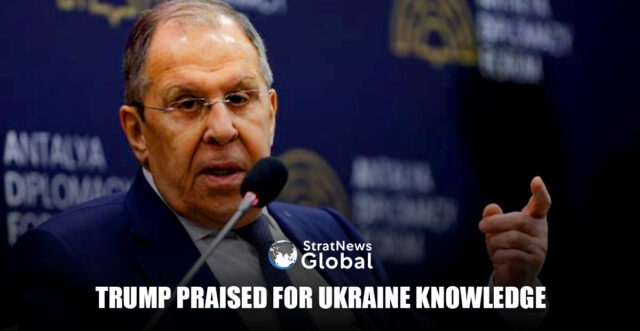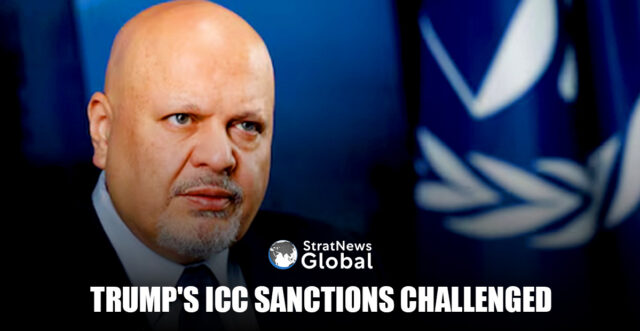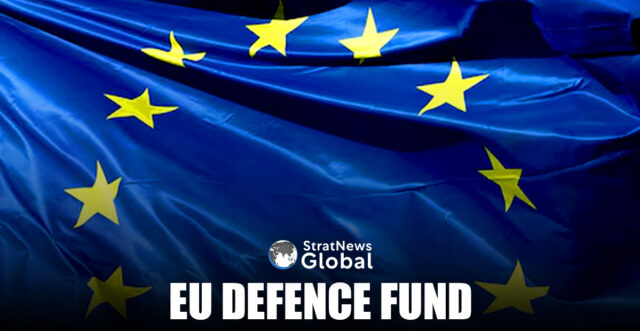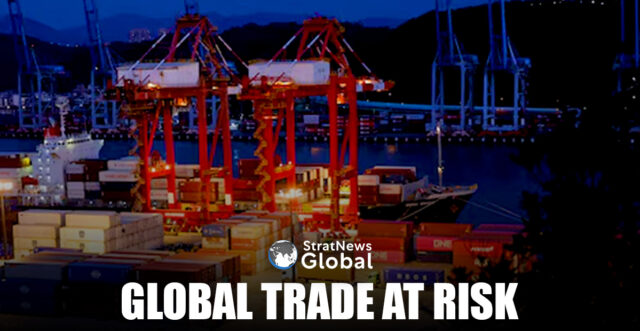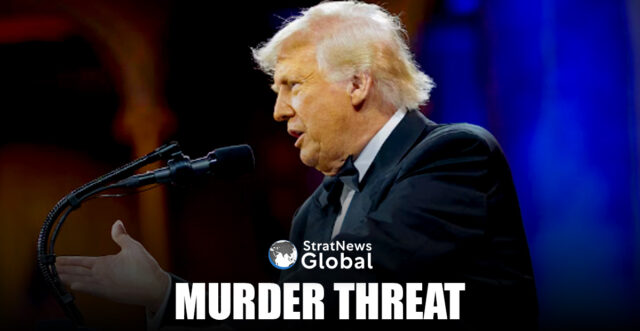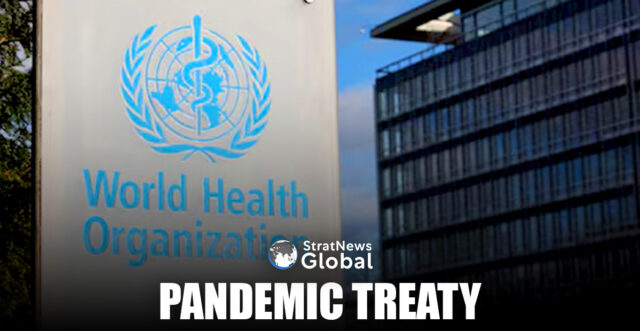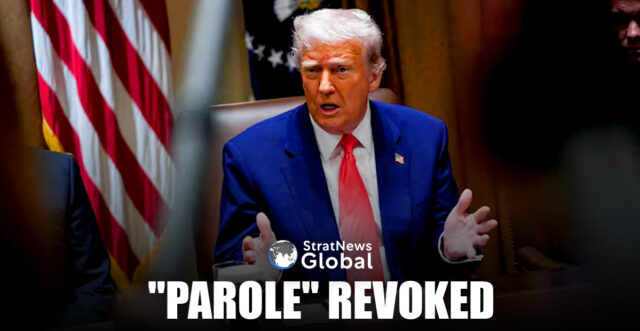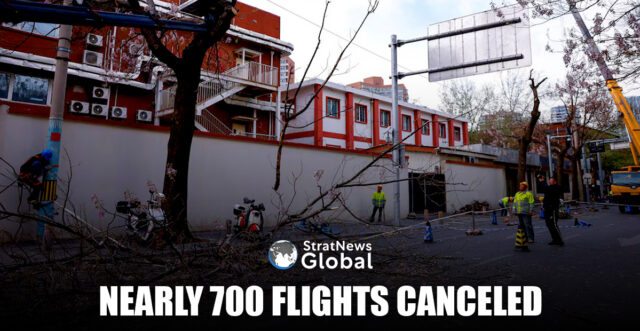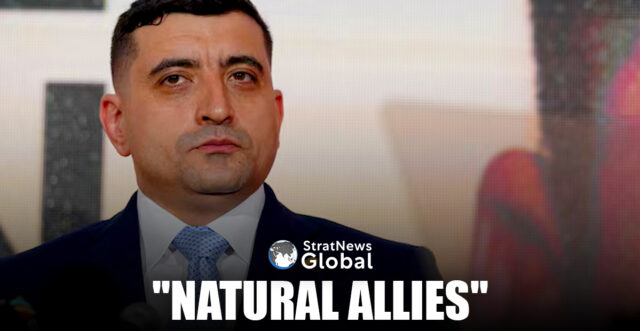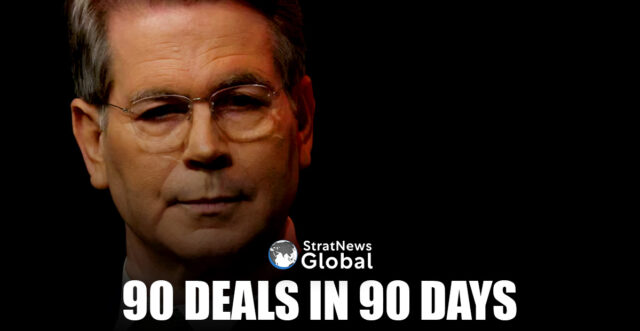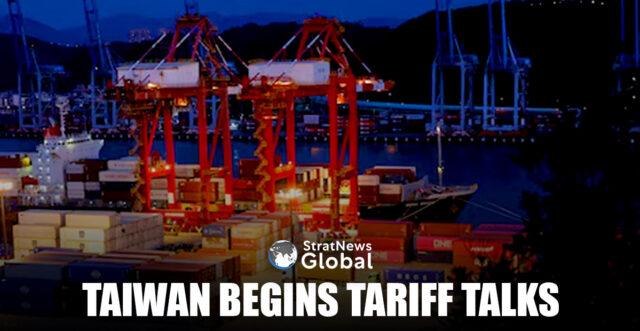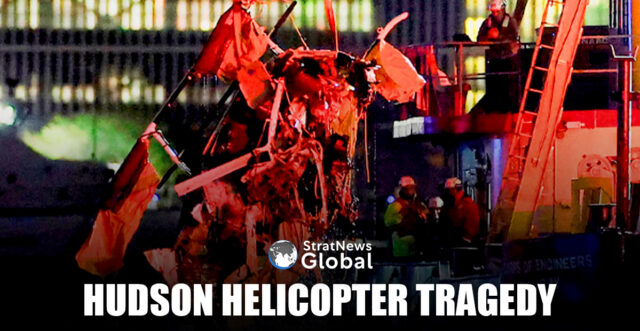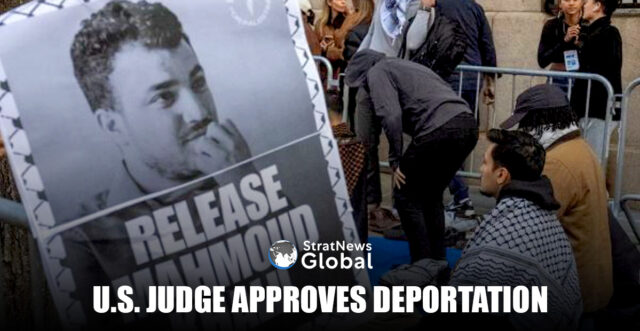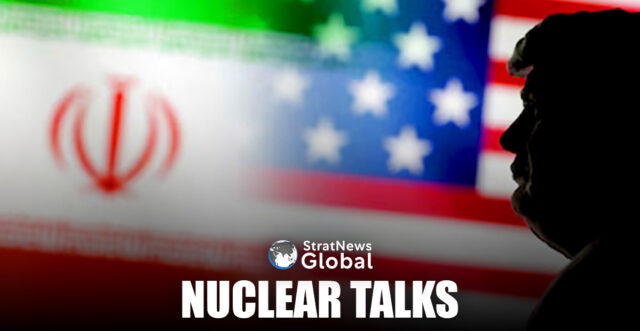The Trump administration aims to finalize 90 trade deals in 90 days, but significant challenges are already emerging that could hinder a swift resolution to the ongoing trade war.
European Union trade chief Maros Sefcovic will on Monday be among the first foreign trade officials to come to Washington for urgent negotiations about the steep tariffs that Trump announced on April 2. The bloc is among the biggest U.S. trade partners with nearly $1 trillion in two-way trade last year.
But when Sefcovic arrives, Trump’s top tariff negotiator, Treasury Secretary Scott Bessent, will be in Buenos Aires to show support for Argentina’s economic reforms rather than in Washington, even though Argentina accounts for a mere $16.3 billion in total annual trade with the U.S.
Bessent’s absence on Monday highlights doubts among trade experts about how effectively the administration can manage so many simultaneous negotiations and the overall prospects for reaching 90 deals in 90 days.
Opposite Views
“Teeing up these decisions is going to take some serious negotiations,” said Wendy Cutler, a former U.S. Trade Representative chief negotiator who heads the Asia Society Policy Institute. “There’s no way during this timeframe we’re doing a comprehensive agreement with any of these countries.”
White House trade adviser Peter Navarro countered on Fox Business Network on Friday that Bessent, U.S. Trade Representative Jamieson Greer and Commerce Secretary Howard Lutnick could accomplish the job.
“So we’re going to run 90 deals in 90 days. It’s possible,” he said.
Ultimately, Trump, “the boss, is going to be chief negotiator. Nothing is done without him looking very carefully at it,” Navarro said.
‘Onus On Trump’s Team’
Trump started the 90-day countdown clock this week when he paused implementing his higher tariffs for many countries after financial markets went into a tailspin over fears of recession and inflation, among other factors. He said the 90-day pause would allow countries to reach bilateral deals with the U.S.
Regaining the confidence of financial markets is another critical objective during the 90 days. Investors sold U.S. Treasury debt this week, spiking interest rates and sending the dollar lower amid fears of a U.S. recession and resurgent inflation. Gold, a haven for investors in times of crisis, hit a record high.
Cutler said this turmoil would put pressure on the Trump team for some quick wins.
“The onus is going to be on them to show that they can quickly conclude agreements with countries and instill some confidence in the market and with other trading partners that there is an off-ramp here,” she said.
‘Huge Task’
Growing friction with China, which did not get a reprieve from new U.S. tariffs and imposed countertariffs in equal measure, added to the gloom this week.
Reaching trade deals that satisfy both Trump and financial markets is a “huge task,” Cutler said.
Instead, the Trump team will probably have to prioritize key countries and extend the 90-day pause for others, she said.
Even the smallest of Trump’s first-term trade deals, revising the automotive and steel provisions of the U.S.-South Korea Free Trade Agreement, took over eight months while the comprehensive U.S.-Mexico-Canada Agreement on trade took more than two years.
But Greer, the USTR, said: “We can get to a point where the president can close these deals. He can negotiate, and if there’s a deal that’s good he can consider taking it, and if not, then he’ll have the tariff.”
‘Working Around The Clock’
The logistics of coordinating 90 sets of negotiations is just one hurdle for the thinly stretched administration.
Many key positions have not been filled and the officials who are there are often busy with other tasks, diplomats said, like the Treasury officials who met on Friday with Ukraine about a critical minerals deal.
Greer told Fox News that his 200-person staff was “working around the clock” as proposals were traded back and forth with foreign counterparts.
The Treasury has just one other senior official confirmed by the Senate, Deputy Treasury Secretary Michael Faulkender. Trump has not even nominated anyone for the key post of undersecretary for international affairs, and a career official is serving in an acting capacity.
USTR, too, is relying heavily on career staff, with several key deputy positions requiring Senate confirmation unfilled.
No Fixed View
Another complicating factor is uncertainty about U.S. positions on trade matters, a second diplomatic source added, saying the top Trump trade advisers each had his own views.
Some countries, including Britain, Australia and others, have discussed trade with the administration since Trump’s inauguration in January, with little result.
“It’s not like there’s a sheet of paper with firm talking points that is changing hands,” said one diplomatic source. “It’s a process. And I’d say use the term ‘talks’, not ‘negotiations’.”
(With inputs from Reuters)


